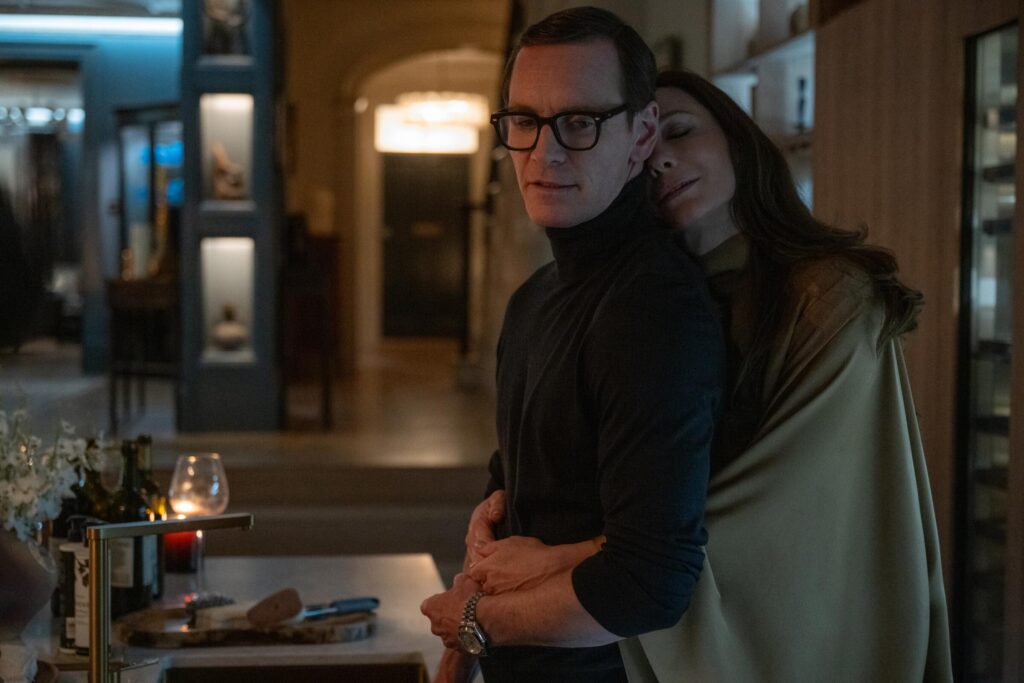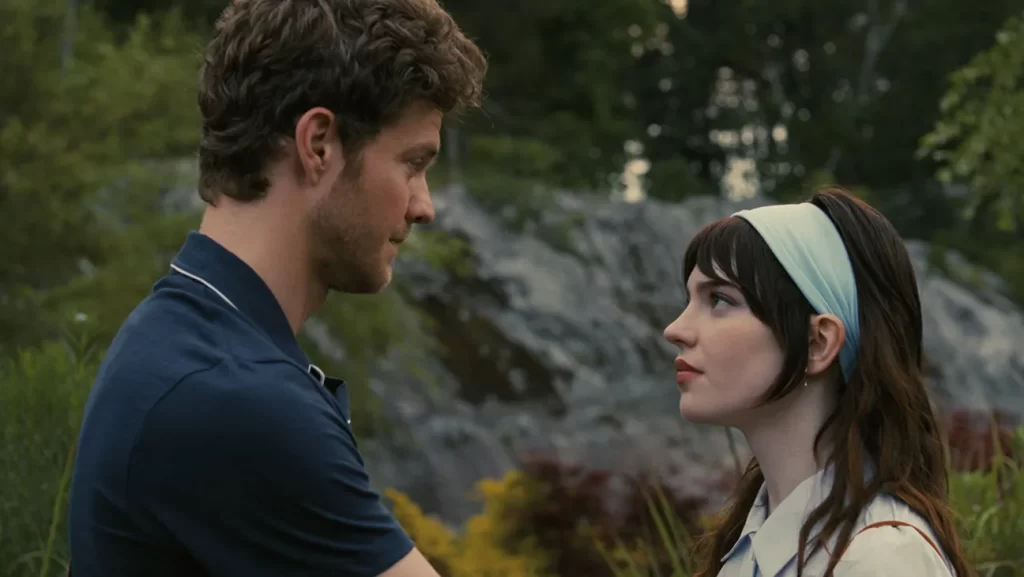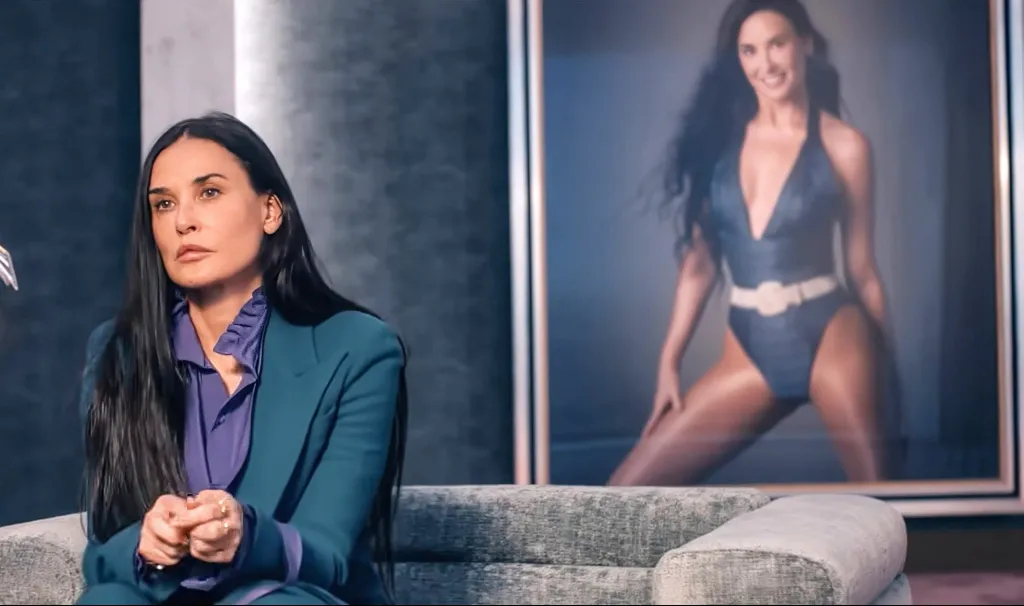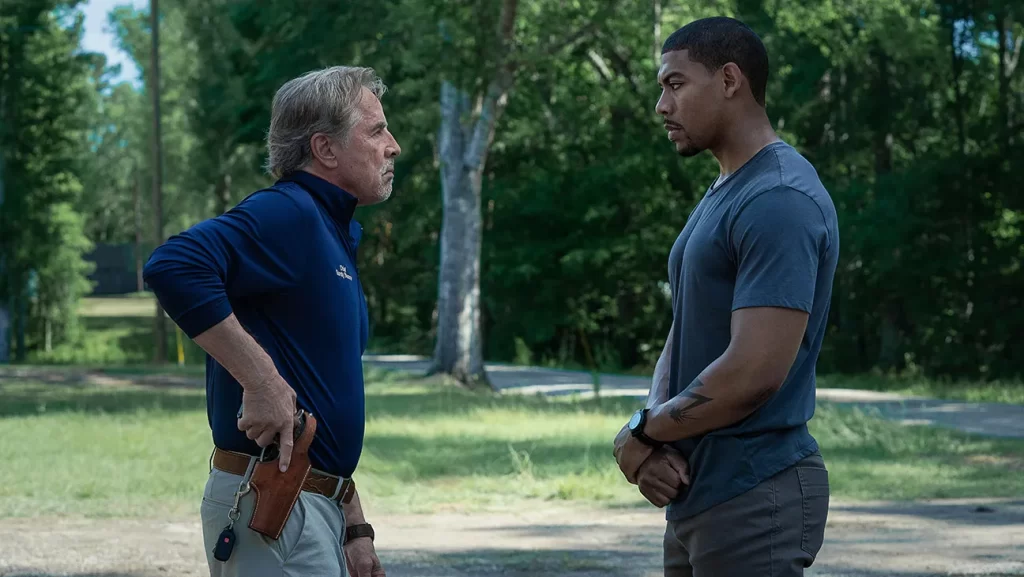Mission: Impossible—The Final Reckoning: This Wreckage Will Self-Construct

It’s been a long journey for Ethan Hunt. Over 29 years and eight increasingly elaborate movies, he’s gained friends and lost wives, donned masks and exposed traitors, defied superiors while obeying his own code of justice. He’s infiltrated impenetrable buildings and sprinted down the façades of skyscrapers and clung to the wings of aircraft mid-flight. But while his maximal effort has remained constant, the pictures around him have quietly executed a rare and curious mid-series pivot.
For its first decade and a half, the Mission: Impossible franchise comprised essentially four standalone films, unified only by Tom Cruise’s ageless star power. Sure, they shared certain features—globe-trotting hijinks, duplicitous bosses, incredible stunt work, self-destructing messages—but their stories had virtually nothing to do with one another; their styles were also distinct, in part because they were all directed by different people. But with Rogue Nation, Christopher McQuarrie took and then kept the reins, retaining the operatic flair but constructing a more sprawling and interlaced cinematic universe. As its title suggests, The Final Reckoning—the eighth and (presumably) last Cruise-led episode of world-saving and death-defying—is designed to function as a capstone, taking the series to new heights of derring-do while also bringing retroactive meaning and connectivity to its once-independent predecessors. Read More




